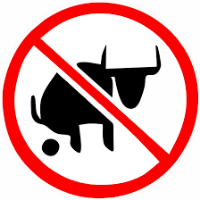Thai Baht's Strength Poses Economic Challenges: Economists Warn
-
Recently Browsing 0 members
- No registered users viewing this page.
-
Topics
-
Popular Contributors
-
Latest posts...
-
12
Accident British Tourist Seriously Injured in Thai Waterfall Fall – Family Appeals for Help
This was a few days ago in the Daily Mail, he did have insurance but he went beyond where he should have gone, he landed on a ledge he could have slipped off there and gone down a further 100m I reckon he would have dead then. -
4,311
-
5
Dr Kevin STILLWAGON - I Have an Immune System, No Vaccines Needed
Not if u sit in the sun for hours. -
20
Expats & Locals Living in Chiang Mai Facebook group - gone or hiding
I’m pretty sure it’s still in operation, try giving it a call and save yourself. -
5
Dr Kevin STILLWAGON - I Have an Immune System, No Vaccines Needed
Well, he's still wrong about polio, and there have been only about 20 cases of people who had rabies and lived. Compare that to how many got rabies and died. A tiny fraction were lucky. As far as the polio vaccine, it's easy to look up the stats of what happened before and after the vaccine was invented. ...........https://www.who.int/news-room/spotlight/history-of-vaccination/history-of-polio-vaccination. -
5
Dr Kevin STILLWAGON - I Have an Immune System, No Vaccines Needed
thumbs down was not from me.
-
-
Popular in The Pub
-













Recommended Posts
Create an account or sign in to comment
You need to be a member in order to leave a comment
Create an account
Sign up for a new account in our community. It's easy!
Register a new accountSign in
Already have an account? Sign in here.
Sign In Now